Tesla's Optimus Robot Production Faces Setbacks Due To China's Rare Earth Policy
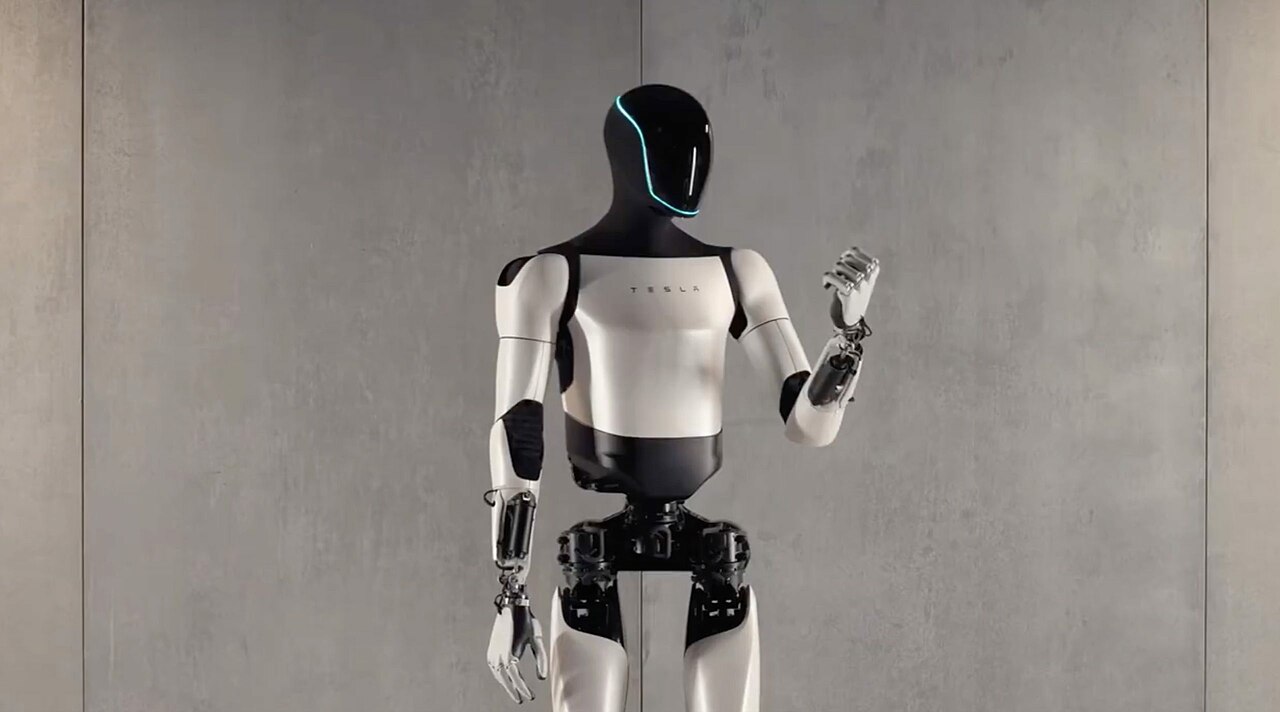
Table of Contents
China's Monopoly on Rare Earth Minerals and its Geopolitical Implications
China controls a staggering 60-70% of global rare earth mineral mining and processing. These elements, while not rare in absolute terms, are geographically concentrated, and China has strategically invested in their extraction and refinement for decades. This dominance extends beyond mere market share; it represents a significant geopolitical lever.
-
Strategic Importance: Rare earth elements are vital for a vast array of high-tech applications, from smartphones and wind turbines to electric vehicles and, critically, robotics. Their unique magnetic, catalytic, and luminescent properties are irreplaceable in many technologies. The motors, sensors, and other sophisticated components within the Tesla Optimus robot rely heavily on these materials.
-
Geopolitical Risks: China's control over rare earth supplies introduces significant geopolitical risks. Potential trade disputes or resource nationalism could easily disrupt global supply chains, leading to shortages and price volatility. This reliance on a single dominant supplier creates a significant vulnerability for companies like Tesla.
-
Supply Chain Vulnerability: The current reliance on China exposes companies like Tesla to potential supply chain disruptions. Any political tensions, export restrictions, or unexpected price hikes from China could severely impact Tesla's ability to produce the Optimus robot at scale and on schedule. This underlines the urgent need for diversification and supply chain resilience in the robotics industry.
The Impact of China's Rare Earth Policy on Tesla's Optimus Robot Production
The impact of China's rare earth dominance on Tesla's Optimus robot production is multifaceted and potentially devastating. The robot's sophisticated mechanics demand numerous rare earth elements.
-
Crucial Components: Neodymium, dysprosium, and terbium, for example, are essential for the powerful and precise motors that will drive the Optimus robot's movements. These elements are also critical for sensors and other crucial components.
-
Production Delays: Import restrictions, quotas, or unexpected price increases imposed by China could cause significant delays in Tesla's production timeline. This delay could impact Tesla's competitive advantage in the rapidly developing robotics market.
-
Increased Costs: Reliance on a single dominant supplier inherently drives up costs. Price fluctuations due to geopolitical instability or changes in China's export policies directly impact Tesla's profitability and its ability to price the Optimus robot competitively.
-
Mitigation Strategies: Tesla is likely exploring various strategies to mitigate these risks. These could include diversifying its sources of rare earth minerals, investing in research and development of alternative materials, and lobbying for policy changes to promote a more balanced global distribution of rare earth resources.
Alternative Solutions and Future Outlook for Tesla and the Robotics Industry
The challenge for Tesla and the robotics industry as a whole is to reduce their dependence on China for rare earth elements.
-
Diversification of Sources: Actively seeking out alternative sources of rare earth minerals in countries like Australia, Brazil, and the US is crucial. This diversification reduces dependence on a single supplier and improves supply chain resilience.
-
Alternative Materials: Investing in research and development to find substitute materials for rare earth elements in robot components is critical for long-term sustainability and reducing geopolitical risk.
-
Technological Innovation: Technological advancements could significantly reduce the reliance on rare earths in the future. Innovations in motor design, sensor technology, and materials science might offer viable alternatives, lessening dependence on these strategically important elements.
-
Supply Chain Resilience: Building more resilient and diversified supply chains is paramount. This necessitates collaboration between governments, industries, and research institutions to secure reliable and ethically sourced rare earth materials. The long-term health of the robotics industry depends on it.
Conclusion
Tesla's Optimus robot project faces a significant challenge due to China's dominant position in the rare earth market. This dominance presents potential delays in production timelines, increased manufacturing costs, and significant geopolitical risks. The reliance on a single supplier highlights the vulnerability of the robotics industry and the urgent need for diversified supply chains and technological innovation. Understanding the impact of China's rare earth policy on the future of the Tesla Optimus robot and the wider robotics industry is crucial for informed discussion and strategic planning. We must explore alternative solutions and promote global cooperation to ensure the sustainable development of this crucial technology.

Featured Posts
-
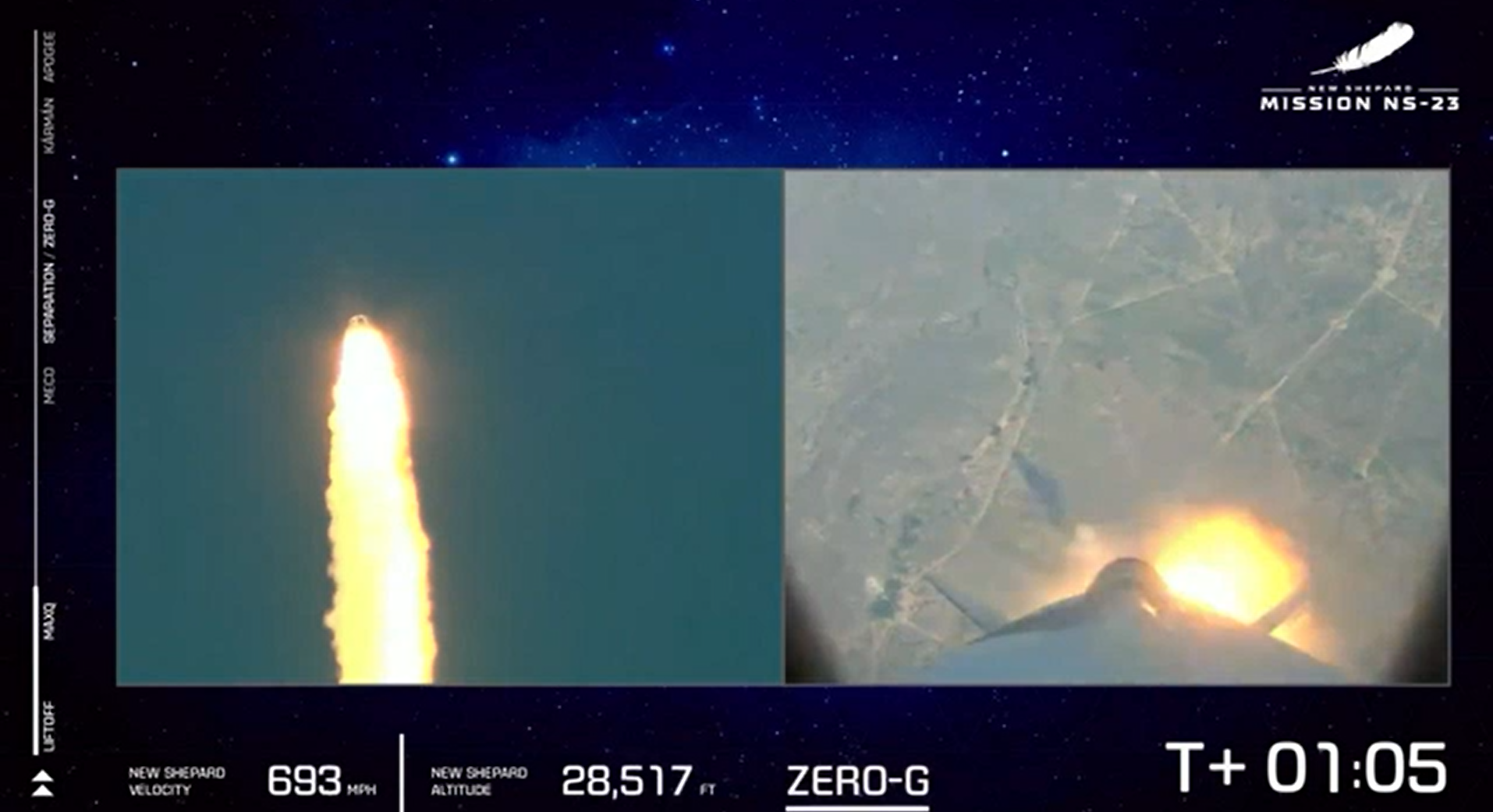 Technical Issue Forces Blue Origin To Abort Rocket Launch
Apr 24, 2025
Technical Issue Forces Blue Origin To Abort Rocket Launch
Apr 24, 2025 -
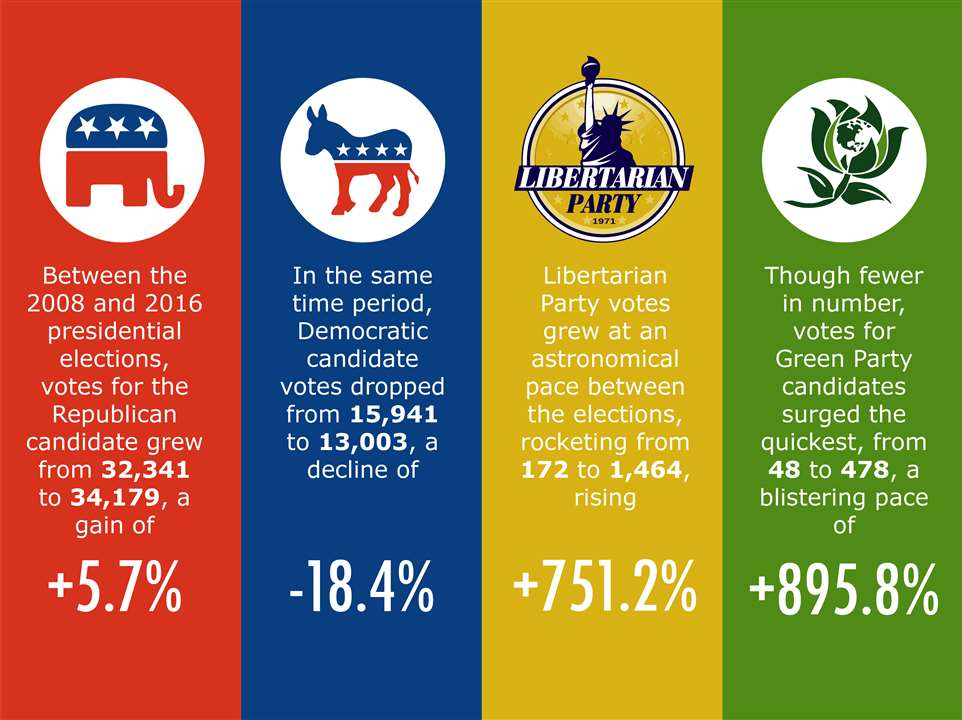 William Watson Examining The Liberal Party Platform Before You Vote
Apr 24, 2025
William Watson Examining The Liberal Party Platform Before You Vote
Apr 24, 2025 -
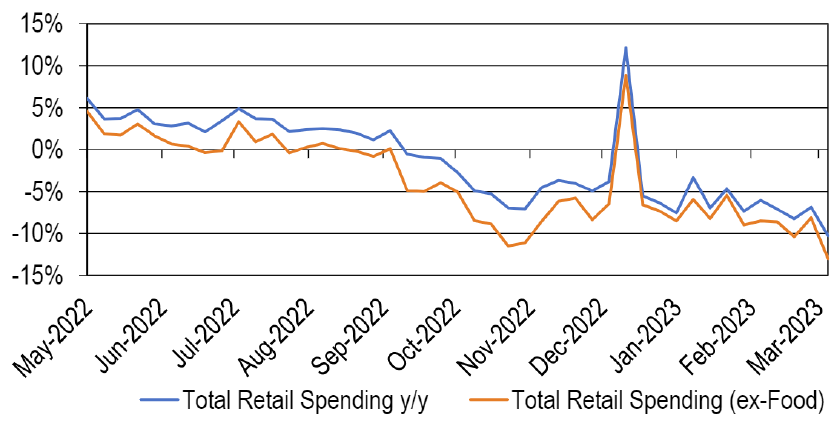 Credit Card Issuers Respond To Shifting Consumer Spending Habits
Apr 24, 2025
Credit Card Issuers Respond To Shifting Consumer Spending Habits
Apr 24, 2025 -
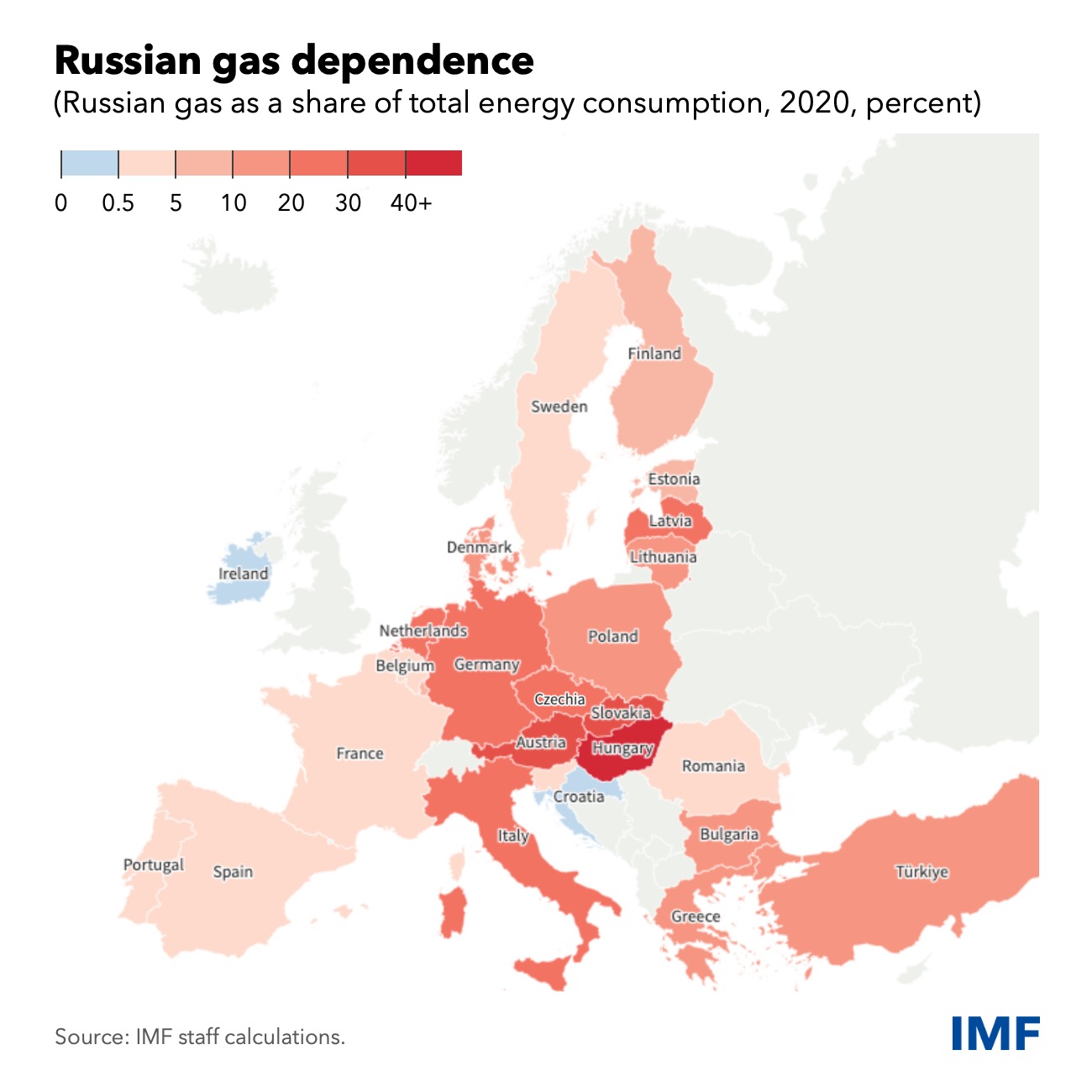 Spot Market For Russian Gas Eu Discussion On Phaseout Strategies
Apr 24, 2025
Spot Market For Russian Gas Eu Discussion On Phaseout Strategies
Apr 24, 2025 -
 The Bold And The Beautiful Wednesday April 16 Liams Strange Behavior And Bridgets Stunning Discovery
Apr 24, 2025
The Bold And The Beautiful Wednesday April 16 Liams Strange Behavior And Bridgets Stunning Discovery
Apr 24, 2025
